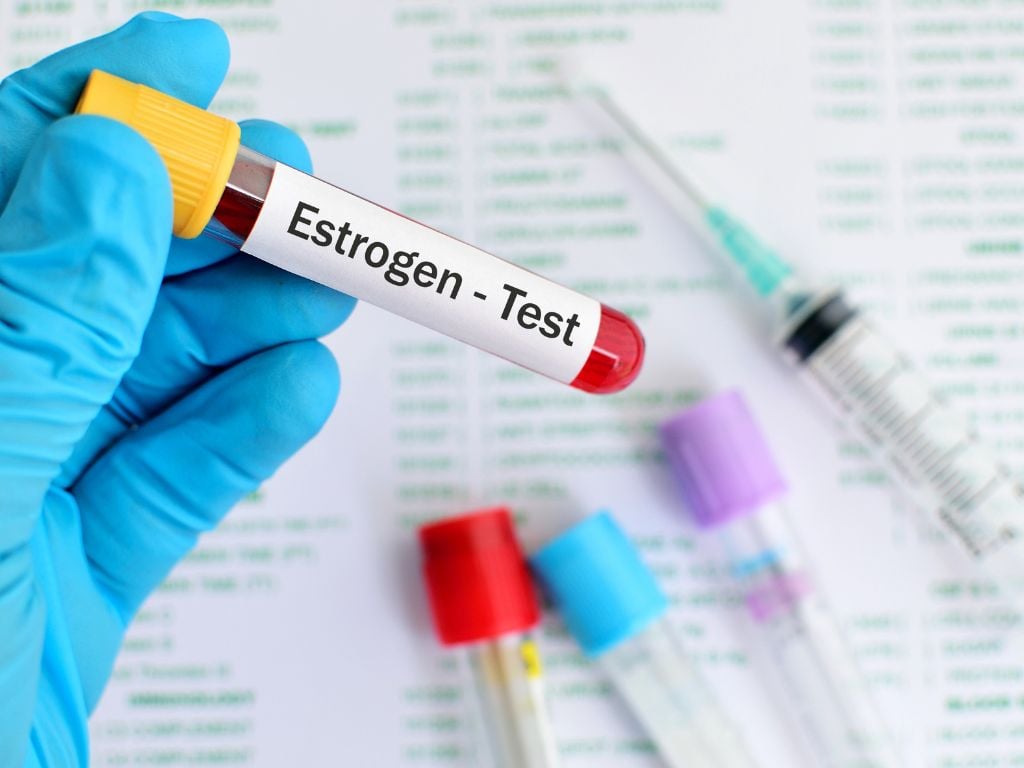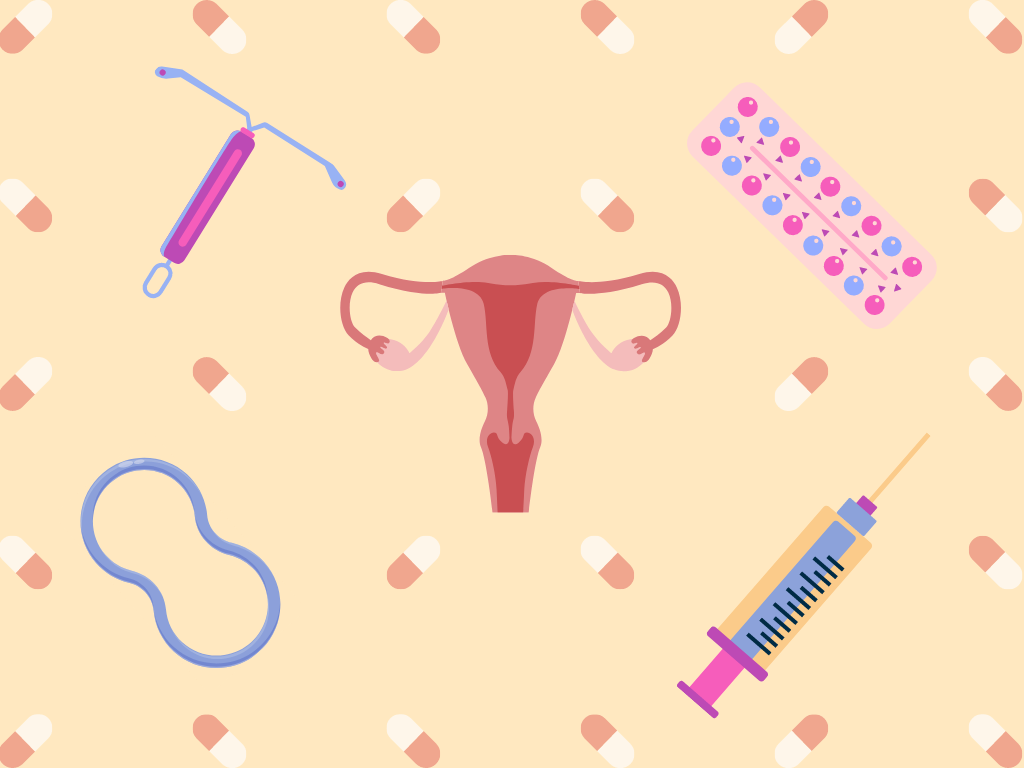ADHD isn’t a childhood disorder. It’s more of a childhood friend: you get along well as kids and get into all kinds of trouble together. Then, as teenagers, your relationship becomes complicated, and that friend sometimes makes your life a living hell.
And as adults, you’re used to each other; you go through long periods of not speaking, but you know they’re always there for you when you (don’t) need them.
Too long; didn’t read
- ADHD symptoms change with age.
- Sometimes symptoms change so much that a person doesn’t meet the diagnostic criteria anymore.
- With age and hormonal changes, ADHD symptom severity can fluctuate, especially for people with more estrogen that drops during menopause.
People don’t grow out of ADHD
Until recently, clinicians believed that up to 50% of children outgrow ADHD after a certain age. Even today, you’ll meet people that believe adult ADHD doesn’t exist. That is not true.
While most young adults (63%) experience a fluctuation of ADHD traits, only 10% claim to 'outgrow' it.1 People with ADHD may “recover sufficiently to no longer meet diagnostic criteria,” but structural and functional differences in the brain may persist.2 So, ADHDers don’t outgrow their condition, rather, they outgrow the diagnostic criteria.3
🔑 Key takeaway: ADHD never really goes away, but its manifestations fluctuate through different phases of life, most likely due to environmental factors.
The prevalence of ADHD in the adult population is 4-5%. In comparison, ADHD in children is estimated to be 4-7% but is likely over 10%.4
There's also growing support for the notion that adult ADHD is underdiagnosed.
In 2021, the University of British Columbia Faculty of Medicine published an article in which Dr. Elisabeth Baerg Hall asks and answers why clinicians miss ADHD in adults.
She described several reasons:
- Family members of diagnosed ADHDers aren’t screened even though ADHD is highly heritable
- ADHD challenges might surface in unobserved domains
- Diagnosed co-occurring mental health conditions mask ADHD
- False belief that ADHD treatment leads to addiction
- ADHD generally presents differently in adults
How does ADHD change as we age?
Diagnosed ADHDers: Do you sometimes wonder what happened to your symptoms?
Maybe you still struggle with inattention and tackling tasks that require sustained mental effort, but you don’t feel like you’re driven by a motor anymore. Can you sit still now? Or do you have fewer peer conflicts than you used to?
In most cases, ADHD traits evolve. They won't go away but they change their presentation.
Hyperactivity becomes more internalized
The hyperactive symptoms of ADHD in childhood are running about or an inability to remain seated. This might evolve into general restlessness and could manifest in other ways, like very fast talking, frequent job changes, the need for traveling, or moving house every few years.
You become less impulsive
A tendency for dangerous and disruptive behaviors in social settings like school, church, or sports might evolve into a trend of unsafe driving, substance use, impulse spending, binge-eating or sedentary entertainment, such as doom scrolling on your phone, or binge-watching TV shows, all of which are considered impulsive presentations.
Inattention: same ish, different age
Inattentive symptoms, interestingly, don't seem to change much. The inability to sustain attention and being easily distracted seem to be at the core of ADHD in every stage of life. The duration of sustained attention might increase, but the general difficulty remains.5
🔑 Key takeaway: It’s worth considering which areas of life could still be affected by your ADHD. Some might be harder to find than others, so observe closely, research, and consult professionals.
Why does ADHD change as we get older?
Hormonal changes
The severity of your ADHD symptoms can vary in relation to changes in your hormonal balance.
That is especially true for people who have periods. But all ADHDers can experience changes in symptoms due to hormonal shifts.
Generally speaking, when estrogen levels are high, ADHD symptoms are alleviated, which explains the seemingly endless rollercoaster of executive dysfunction and emotional dysregulation many ADHDers experience during their menstrual cycle.

Women and ADHD
Typically, people who menstruate will notice that certain points in their cycle, several symptoms might occur:
- Sadness and mood swings (possibly due to PMDD)
- Insomnia
- Irritability
- Anxiety
- Confusion
- Fatigue
It's not at all unusual that these symptom exacerbations are much more noticeable than in neurotypical people.7
Pregnancy comes with a whole host of hormonal changes and effects on ADHD. Elevated estrogen levels mean that ADHD symptoms decrease. However, the sudden crash that comes after childbirth can lead to depression and possibly even stronger ADHD symptoms.
With the onset of perimenopause and menopause, people experience more severe symptoms due to the drop in estrogen levels.
Hormone levels decrease with age
On the other hand, people without these fluctuations experience a drop in testosterone in older age, which correlates with a decline in cognitive function.8
After the age of 30, everyone experiences more challenges with:
- Executive functioning
- Memory and working memory
- Attention
- Impulse control
🔍 Did you notice? All of these are typical ADHD challenges, so ADHD symptoms likely worsen with age regardless of gender.
Additionally, a common condition in older age called mild cognitive impairment (MCI) can lead to diagnosis challenges, as ADHD can be overlooked.9
Changes in the brain: the caudate nucleus
The caudate nucleus is a structure in the brain that plays an important role in several higher cognitive functions, including working memory and executive functioning; particularly in planned, goal-oriented actions.10
Significant differences in caudate nucleus size have been found in children with ADHD when compared to non-ADHD controls, and caudate size asymmetry has been shown to predict ADHD-like attentional symptoms.11, 12 Interestingly, these size differences cannot be found in adults with ADHD, which researchers hypothesize to be connected to the brain maturation delay theory of ADHD.13
In healthy adults, age-related decreases in caudate volume are linked with cognitive decline.14, 15 so given the slower maturation of ADHD brains, there is reason to believe that older ADHDers may be predisposed to a delay in degeneration.13
🧠 In other words: ADHDers may have a harder time with caudate dependent executive functions when they’re younger, but they could benefit from the slower brain maturation (and degeneration) process associated with ADHD in older age, possibly hanging onto cognitive functions longer than their neurotypical counterparts.









